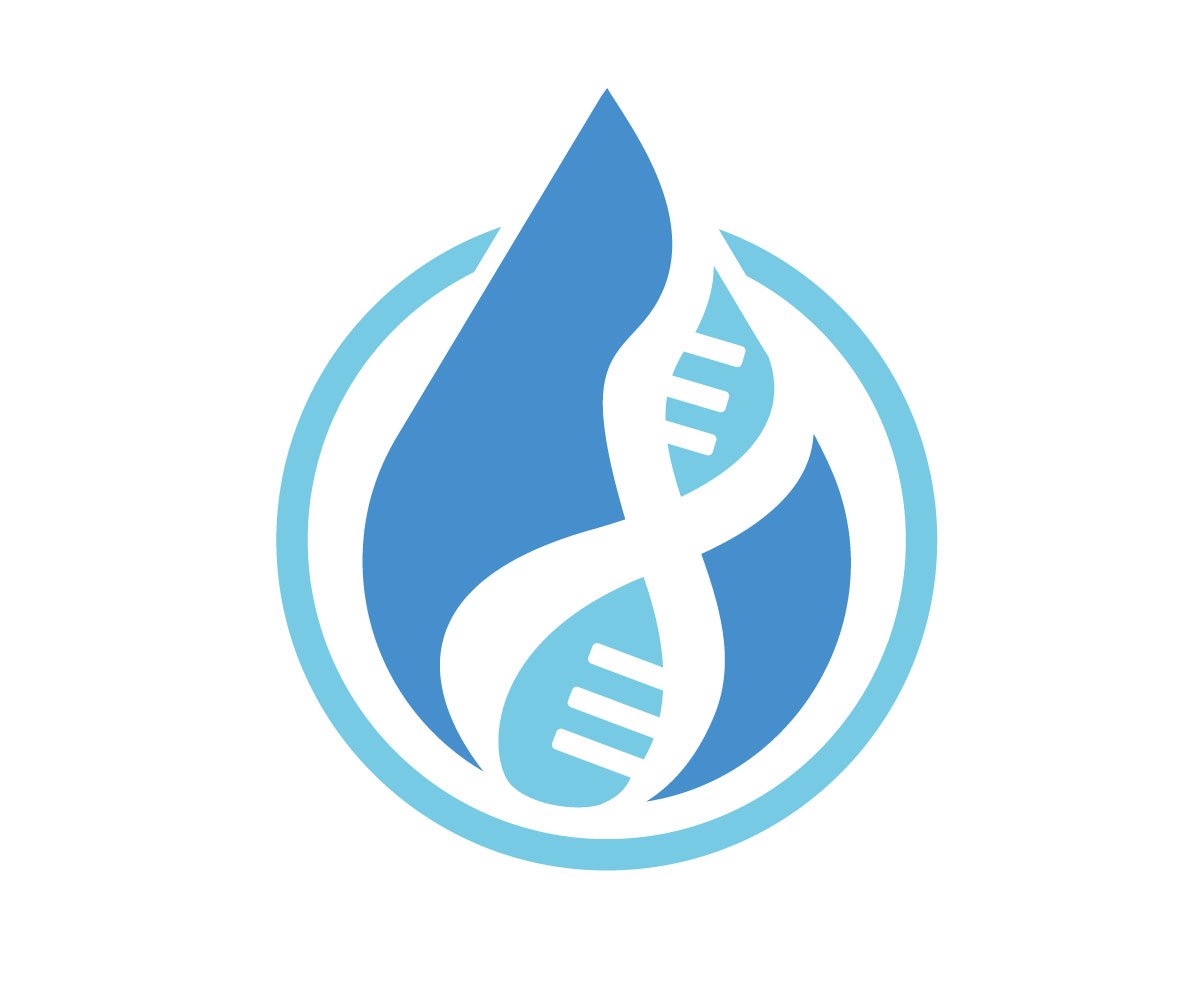5 Things to Pay Attention to in Your Family History
Some families and its members are more comfortable with sharing medical history information. In other families, it is harder to learn this information. When you have the chance to gather health information from family, what should you focus on?
Sign up to read this post
Join Now

